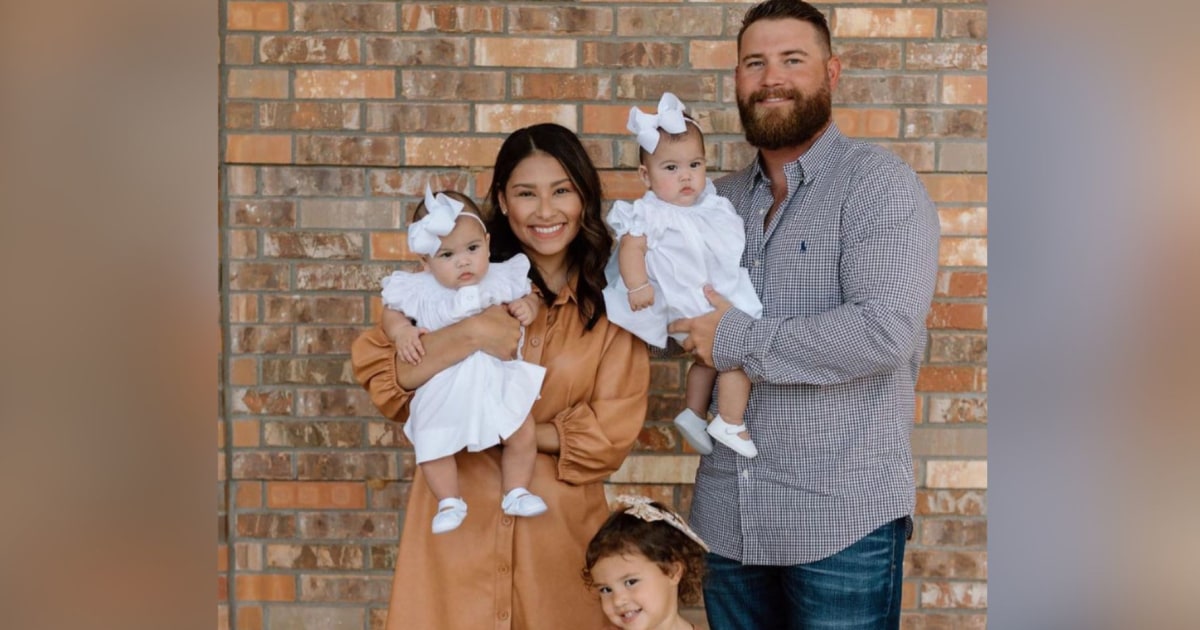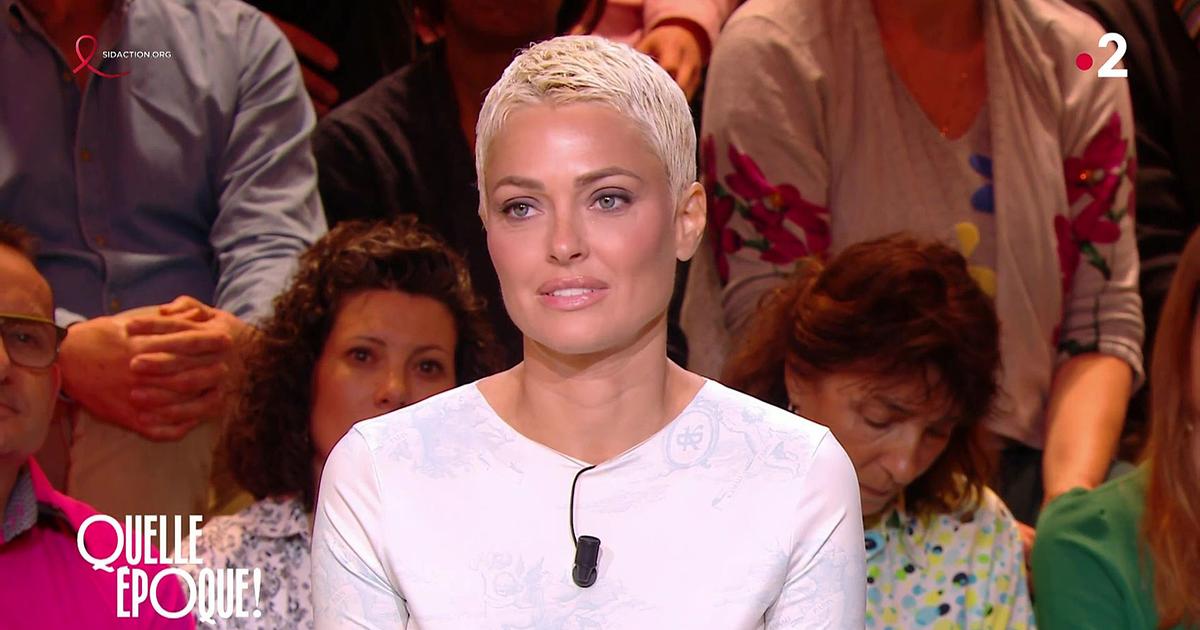Icon: enlarge
Director Eliza Hittman at the Berlinale 2020: "Don't think about the script!"
Photo: Clemens Bilan / Getty Images
SPIEGEL:
Ms. Hittman, you have made three feature films so far, all three of which are about young people from a working class background.
What are you interested in the topic and the environment?
To person
Icon: enlarge
Filmmaker Hittman
Photo: Rich Polk / Getty Images
Eliza Hittman was
born in New York in 1979 and studied film in California.
In 2017 her youth drama "Beach Rats" ran at the Sundance Film Festival about a young teenager who was thrown off the track during a summer in Brooklyn and won a young talent award at the Hamburg Film Festival.
The screenwriter and director received a Silver Bear at the last Berlinale for her new film "Never Seldom Sometimes Always".
Hittman:
"Never, Seldom, Sometimes Always" is most likely the case.
I am interested in adolescents and people who are on the edge.
I want to share experiences that are often left out in other coming-of-age films.
In a way, my films are like the cut out parts of those films.
I focus on private and painful things, on the traumas of our youth that determine who we are and how we see the world.
SPIEGEL:
The painful experience in this case is an abortion.
17-year-old Autumn has to travel from Pennsylvania to New York to have an abortion.
Can you explain the legal background?
Hittman:
Abortion is legal in the US, it's our constitutional right.
But there are prohibitions and restrictions in the individual states that make it difficult for women to access their reproductive rights and medical care.
In Pennsylvania, minors cannot have an abortion without parental consent.
Alternatively, they can take the case to a judge who will then decide whether the young woman is "mature enough" to decide for herself - what is absurd and cruel.
Both options are out of the question for Autumn.
So she travels to New York with her cousin Skylar.
SPIEGEL:
In the central sequence of your film, Autumn is asked all sorts of intimate things by the employee of a family counseling organization in New York.
The scene is very intense.
Your leading actress Sidney Flanigan, who has never worked as an actress before, is particularly impressive here.
How did you get this performance out of her?
Hittman:
I just told her to answer the questions as she herself saw fit.
Don't think about the script!
We also shot with two cameras that were both very close.
She was a little trapped, like in an interrogation.
The fact that we shot with analog 16mm material also intensified the scene.
16mm gives you a feeling of tension and risk.
If, on the other hand, you shoot digitally, there is nothing to lose: if something wasn't good, you delete the recording and make it again.
SPIEGEL:
Was it not a problem for you that the analog aesthetics of your film do not correspond to the visual experiences young people today experience?
Hittman:
Because today everything is so digital and cold?
No, I wanted to shoot on 16mm from the start, also to capture the feeling of being out of time in Pennsylvania, where the film begins.
SPIEGEL:
You always work with actors without acting experience, why?
Hittman:
I like to make discoveries.
Casting someone who has made ten other films and then sees how she or he does something slightly different than in the films before is not so exciting.
I really want to immerse viewers in a new story and characters they've never seen before.
I met Sidney Flanigan a few years ago when she was 14 and showed up on the fringes of my significant other's film shoot.
I've followed her on Facebook over the years.
She makes music and posts all these videos of herself playing covers alone in her bedroom.
I found it very engaging.
When we started casting the lead for Never Rarely, Sometimes Always, I asked Sidney if she would come to the casting.
SPIEGEL:
You worked again with the French camerawoman Hélène Louvart, who filmed with Wim Wenders, Agnès Varda and Alice Rohrwacher, among others.
Do you see your films more in a European tradition of cinematic realism?
Hittman:
I don't know, I have a hard time looking at my work that way.
Before "Never Seldom Sometimes Always" I shot a lot for television.
You expect a very staged aesthetic with camera cranes and so on.
I wanted to work more minimalist again.
That was the goal: Get rid of the gimmicks!
SPIEGEL:
In your film we don't learn much about Autumn's background or how the unwanted pregnancy came about.
Didn't you mean to judge them?
Hittman:
Not only that. The story is about the active steps she is taking to get her youth back.
But maybe she feels too powerless to address what has happened in the past.
SPIEGEL:
Even with her best friend, Autumn can't really talk about what is bothering her.
Hittman:
Because these issues are still so stigmatized and difficult to articulate.
We lack the vocabulary and there is this taboo.
SPIEGEL:
Focus Features, part of the Hollywood studio Universal, bought and released your film, despite its controversial topic and rigorous aesthetic.
Do you think that would have been possible five years ago?
Hittman:
I don't know.
There was this young manager at Focus, Rebecca Arzoian, who knew my job.
She was really passionate about the project.
Every studio needs a Rebecca who says, "Hey guys, read the script, this is an urgent and beautiful story."
SPIEGEL:
How do you assess the legal and political situation in the USA: Do you believe that the decision of the Supreme Court in the Roe vs.
Wade, who legally secures abortion in the USA, will last?
Hittman:
Obviously we have a president who doesn't support women's rights and a Supreme Court who is drifting in a much more conservative direction.
Of course I do not hope that Roe v.
Wade falls, then millions of women would be without care and protection.
Icon: The mirror








